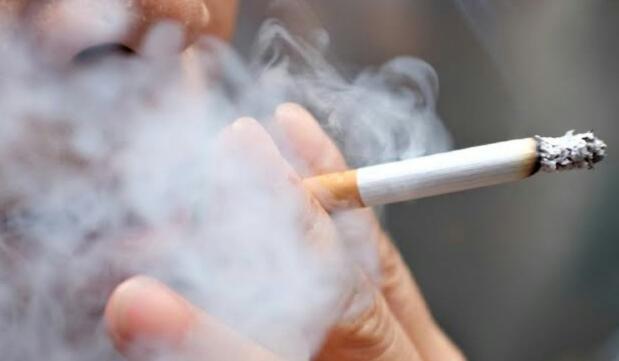
Addressing the pressing issue of smoking and tobacco consumption in Jammu and Kashmir, Advisor to Lieutenant Governor, R R Bhatnagar on Thursday emphasised the significant challenges posed by this problem, revealing that approximately 70 percent of the population in the Union Territory are passive smokers.
Speaking at a media workshop in Srinagar, Bhatnagar, according to the news agency—Kashmir News Observer (KNO), highlighted the alarming statistics. He pointed out that the incidence of smoking in J&K is alarmingly high, with passive smoking affecting 70 percent of households and 60 percent of offices.
Bhatnagar stressed that tobacco use is the leading cause of preventable deaths and called for unified efforts to eradicate this menace. He emphasised the importance of educating young people about the adverse effects of tobacco consumption, including its potential link to alcoholism, cannabis use, and other drug-related issues. “We must act urgently on a war footing basis; it is critical for the well-being of our citizens and the future of our region,” he added.
Bhupinder Kumar, Administrative Secretary of the Health and Medical Education (H&ME) department, echoed Advisor Bhatnagar’s concerns, saying that tobacco consumption, both through smoking and non-smoking methods, remains a significant challenge in J&K.
He said smoking is a major risk factor for chronic diseases such as cancer and cardiovascular diseases in the region. He stressed on the need to reach out to end-users and educate them about the harmful effects of tobacco to achieve success in prevention efforts.
Acknowledging the long battle against this menace, Secretary H&ME pointed out the visible progress in curbing tobacco consumption in public places due to efforts under the COTPA (Cigarettes and Other Tobacco Products Act) regulations. However, he emphasised that smoking continues to pose a considerable challenge, making J&K one of the regions with the highest number of smokers in the country.
Directorate of Health Services Kashmir (DHSK), Dr Mushtaq Ahmad Rather, also shared insights on the progress made in recent years. He noted a positive change on the ground, with a declining trend in incidents of smoking in public places.
Dr Mushtaq revealed that fines amounting to around 1.5 lakh rupees were imposed on violators caught smoking in public areas this year. He underscored the dangers of passive smoking, especially for children and elderly parents, urging everyone to quit smoking.
The DHSK highlighted the connection between smoking and drug abuse, pointing out that most drug abusers start with smoking before transitioning to more severe substances. He stressed on the need for immediate action, warning about the potentially dire consequences if action is not taken promptly.
According to the latest survey by DHSK, out of 70 thousand drug addicts, 50 thousand were intravenous (IV) drug users, all of whom were initially smokers—(KNO)




